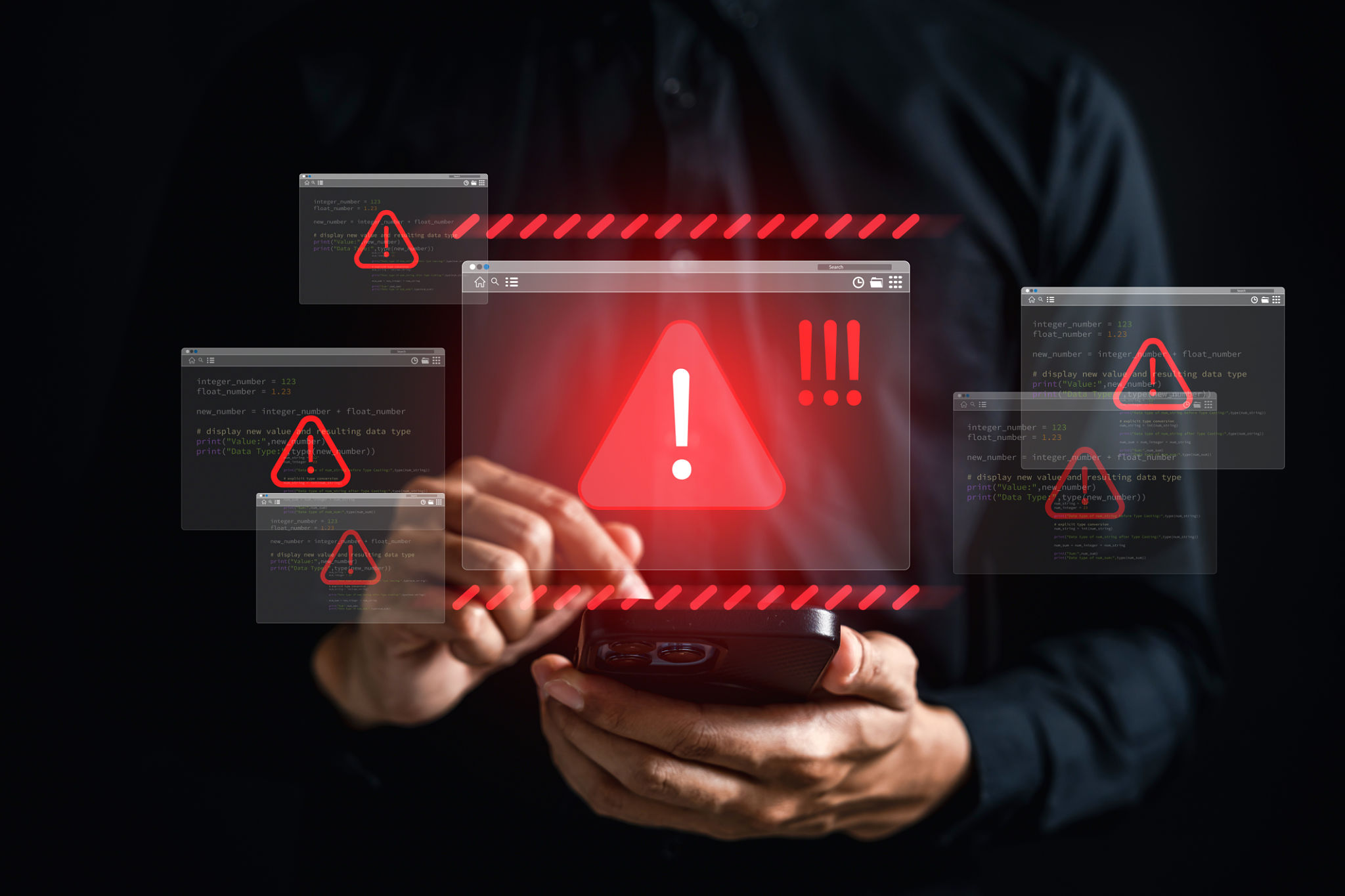Checklist: Preparing Your Business for Cybersecurity Threats This Season
Understanding the Importance of Cybersecurity
In today's digital age, cybersecurity threats are a significant concern for businesses of all sizes. With cyberattacks becoming more sophisticated and prevalent, it's crucial to stay vigilant and prepared. This season, taking proactive steps to safeguard your business against potential threats can make all the difference.
Cybersecurity isn't just about installing antivirus software; it's about creating a comprehensive strategy to protect sensitive data and maintain customer trust. Understanding the importance of cybersecurity can help you make informed decisions and implement effective measures.

Conducting a Risk Assessment
The first step in preparing for cybersecurity threats is conducting a thorough risk assessment. This involves identifying potential vulnerabilities within your systems and processes. By understanding where your weaknesses lie, you can take targeted actions to address them.
Consider engaging a cybersecurity expert to help with this assessment, as they can provide valuable insights and recommendations. A comprehensive risk assessment will include evaluating your network security, software applications, and employee practices.
Prioritizing Security Measures
Once you've identified potential risks, prioritize the implementation of security measures based on their impact and likelihood. Some key areas to focus on include:
- Data encryption: Ensure all sensitive data is encrypted both in transit and at rest.
- Access control: Implement strict access controls to ensure only authorized personnel have access to critical systems.
- Regular updates: Keep all software and systems up-to-date to protect against known vulnerabilities.

Employee Training and Awareness
Your employees play a crucial role in maintaining cybersecurity. They are often the first line of defense against potential threats. Providing regular training and raising awareness about cybersecurity best practices can significantly reduce the risk of human error, which is a common cause of data breaches.
Training should cover topics such as recognizing phishing emails, using strong passwords, and the importance of reporting suspicious activities. Encourage a culture of cybersecurity awareness where employees feel empowered to take action if they notice something amiss.
Developing a Response Plan
Even with the best preventive measures in place, it's essential to have a response plan for when things go wrong. A well-thought-out incident response plan can minimize damage and accelerate recovery in the event of a cyberattack.
Your response plan should include clear roles and responsibilities, communication strategies, and steps for containing and mitigating the threat. Regularly test your plan with simulation exercises to ensure everyone knows their role and can act swiftly during an actual incident.

Regular Monitoring and Updates
Cybersecurity isn't a one-time task; it's an ongoing process. Regularly monitoring your systems for unusual activity can help detect potential threats early. Implementing automated tools that provide real-time alerts can enhance your ability to respond promptly.
Additionally, schedule regular updates and reviews of your cybersecurity policies and procedures. Technology evolves rapidly, and staying updated with the latest security trends and threats is vital for maintaining robust defenses.
Leveraging External Resources
Consider leveraging external resources such as managed security services or partnering with cybersecurity firms to bolster your defenses. These organizations have specialized expertise and can offer advanced solutions that may be beyond your in-house capabilities.
By collaborating with external partners, you gain access to the latest technologies and threat intelligence, enhancing your overall security posture. This partnership allows you to focus on your core business operations while ensuring comprehensive protection.

